When I was little, I often saw Uncle Chung come to our house. He and my father would sit in the corner of the yard, talking a lot, talking enthusiastically. From childhood days of playing naked in the rain, learning to swim, building dikes to catch fish, to farming, courting girls, getting married, and joining the army. On days when he was in the mood, Uncle Chung would even bring his guitar. One would play, the other would sing; their voices had faded with time, but their emotions were still overflowing, and they sang with great enthusiasm, their taste being revolutionary songs. They sang loudly and energetically, and every time my mother would scold them for making the whole neighborhood deaf, then giggle.
Later, when I was a high school girl, my father was away from home, and Uncle Chung came to visit. I was also passionate about music, so when I saw the guitar, I rushed over. We played, sang, and talked. After a while, I was astonished to learn all the details of his background.
In his youth, after learning the basics of reading and writing, he spent a few years wading through mud before hastily getting married and having children. He married at sixteen and joined the army at twenty-two.
Initially stationed in his home province, he was later transferred to the reconnaissance company in the Central Highlands in the sixties. He participated in many battles, sustained several wounds from stray bullets, the most serious being a wound on his left arm. He said this while rolling up his sleeve; I saw a large scar, where the "rat" (the area where the "rat" was located) wasn't bulging but deeply sunken, as if the "rat" had been gouged out. Seeing my grimace, he laughed heartily, saying, "It's just a minor wound, nothing to be afraid of!"
I asked him if he wasn't afraid of dying, and he chuckled, pretending to be timid and shy (like the little girl asking the question), but his demeanor was clearly calm .
- Everyone fears death. But once you're in battle, you don't know fear anymore. Fear doesn't mean death, and not fearing doesn't mean death either!
Then he told me about the year 1962, when the main assault company of the Dak Lak provincial army brought troops to Dinh Dien to protect the villagers celebrating Tet. On the afternoon of the 30th, the enemy deployed three battalions, divided into three wings, to surround them. Although our forces were outnumbered, we fought fiercely. Never before had he felt so extraordinary. He thought of nothing but protecting the village so they could celebrate Tet. At that moment, death suddenly seemed as light as a feather.
The most poignant and emotional moment was when the gunfire temporarily ceased on the battlefield. Peace for a moment, but at that very instant, the pain stretched on endlessly – the old man's voice faltered, choked with emotion. After a bombing raid, trees were felled, their sap oozing out like blood. In the desolate mountains and forests. Sun, thirst, hunger. The soldier, in his dust-stained uniform, called out the name of a comrade with whom he had shared a thin blanket in the misty, cold night forest – the blood soaking his hand as he spoke, tears slowly welling up, moving me to tears as well. Then he wept. Tears of difficulty flowed as he recounted the aftermath of the raid, surrounded by four fallen comrades. The pain dried up his tears. The pain was far greater than the pain itself.
“What was the most difficult and memorable period of time?” Uncle Chung suddenly became pensive, his eyes darkening as soon as I finished speaking.
- Don't assume that glorious deeds during stormy times will be remembered forever. They're often forgotten during peaceful times. But I've never forgotten them; it's a pity I haven't met any young people (except you) who want to hear/believe these "stories of stormy times during peaceful times."
The old man let out a long, drawn-out sigh. Then, as if he had met a kindred spirit, he began to tell his story with great enthusiasm:
- It was 1966, while on a mission in the war zone, he was captured and imprisoned. Seven years in prison. Seven years – a period that may seem short in a person's life, but too long if you consider the saying "one day in prison is like a thousand years outside." Initially, he was detained at the Central Highlands Interrogation Center, then transferred to the 2nd Corps, Playcu. During the Tet Offensive, one of our units launched a direct attack on the Playcu prison. After that battle, he was immediately transferred to Phu Quoc prison.
I had read many stories about wartime prisons, especially Con Dao and Phu Quoc prisons. But this was the first time I had met them in person and heard their stories from those who experienced it firsthand. I was speechless with anticipation, almost holding my breath as I listened.
Uncle Chung said, emphasizing each word: "Both prisons, Con Dao and Phu Quoc, were HORRIFYING NIGHTMARES. They didn't just beat us with sticks and clubs, but also used ten-inch nails driven through our knees to threaten, intimidate, and torture us. If we didn't confess, the torture would become even more severe." Looking into the distance, sadness was evident in his sunken eyes as he spoke softly, yet his words resonated with profound sadness.
"They beat us, starting section by section. Those who confessed were released, while those who were 'stubborn' were tortured until... death. Breaking my sixth rib was a stroke of luck," he said, pointing to his thin rib cage. "It still aches whenever the weather changes. But the ultimate tragedy was that in that prison, I witnessed many of my comrades being beaten to death. Along with the overwhelming pain, the fighting spirit surged to its absolute limit."
Seeing my pensive expression, as if I wanted to share something, he said he was lucky to have survived the bombings and still be somewhat unharmed enough to reunite with his wife and children. Pausing for a moment, he added sadly, "The most painful thing is that my mother's grave is now covered with grass."
When the Geneva Accords were signed, Uncle Chung was released from prison, received some rest and recuperation, and was then sent for re-education. Afterwards, he became the political commissar for Squad 35, preparing for the general election and later participating in training new recruits sent to the Cambodian battlefield. Upon retirement, he returned to his hometown.
It was an old, worn-out chest. Uncle Chung slowly and carefully took out a notebook. The paper was damp, moldy, yellowed, and many pages were rotten and falling apart. Opening it, only traces of poems and thin snippets of essays written in the forest remained. With a glint in his eyes, he said, "This is the most precious thing," then pointed to the guitar hanging on the wall.
With his fingers gliding across the strings, the majestic melody and the sometimes powerful, sometimes tender storytelling transported me back to the rare moments of joy the soldiers shared around their instrument. At those times, Death was forgotten.
He recounted the story with a laugh, wiping his eyes as if about to cry. It was so much fun! Everyone sang, good or bad. They clapped and sang at the same time. He spoke with obvious pride, his face beaming with enthusiasm, as if he were singing with his comrades, not me. Then he chuckled:
- I don't know much about playing the zither either; I'm just a farmer by origin. This kind of playing is called "forest music." I learned it sporadically, I only know how to strum, but if you ask me about music theory, I'm completely clueless. Sometimes I'll play an entire song with only one chord strummed repeatedly. And as for the rhythm, I just take a chance, switching to rhyme and slow and strumming; I can sing any song. And yet I sing it effortlessly, and no one criticizes me.
After saying that, he laughed heartily, his eyes glistening with tears as he recounted how, during a march, a friend had carried his guitar for him after he was wounded in the shoulder and arm. They climbed mountains, crossed streams, and braved gunfire, but he never forgot his guitar.
"The guitar strings still retain the warmth of our comrades!" the old man said, his voice trembling with emotion.
It wasn't until the end that I learned that Uncle Chung's wife had also been a soldier – a volunteer youth, working as a nurse on the battlefield.
Returning from the war, the two resilient soldiers remained simple in their childhood home, a three-room brick house. Old, very old!
My father recounted sadly: "Uncle Chung's wife has terminal liver cancer. Uncle Chung is senile and clumsy, so he hired someone to take care of her. But where are his children?" My father became angry, blaming his daughter for being nosy and thoughtless, completely unaware of what was happening in the neighborhood. They had one child, but that child died in a traffic accident a few years ago—their only child. Now his wife is ill, and Uncle Chung is old and frail, so they have to hire someone to care for her.
After hearing my father's story, I immediately made a point of visiting him, hoping to share something with him.
In her exhaustion, her voice breaking, my aunt told me she was fine now. She had reached an age rarely seen before, so she accepted the call of death. When she first learned of her illness, she was distraught and depressed, but later calmly accepted her fate. Uncle Chung told his wife that a life like this was enough. No regrets.
The last time, before leaving my hometown to start a new life, I saw Uncle Chung sitting alone on the porch with his guitar. I went in to say goodbye. He cheerfully supported my youthful ambition to travel far and wide. Then he said, "If I were healthy enough, I would also go, wanting to wander with my guitar back to the places I visited in my youth, just to sing the songs of yesteryear…"
Source


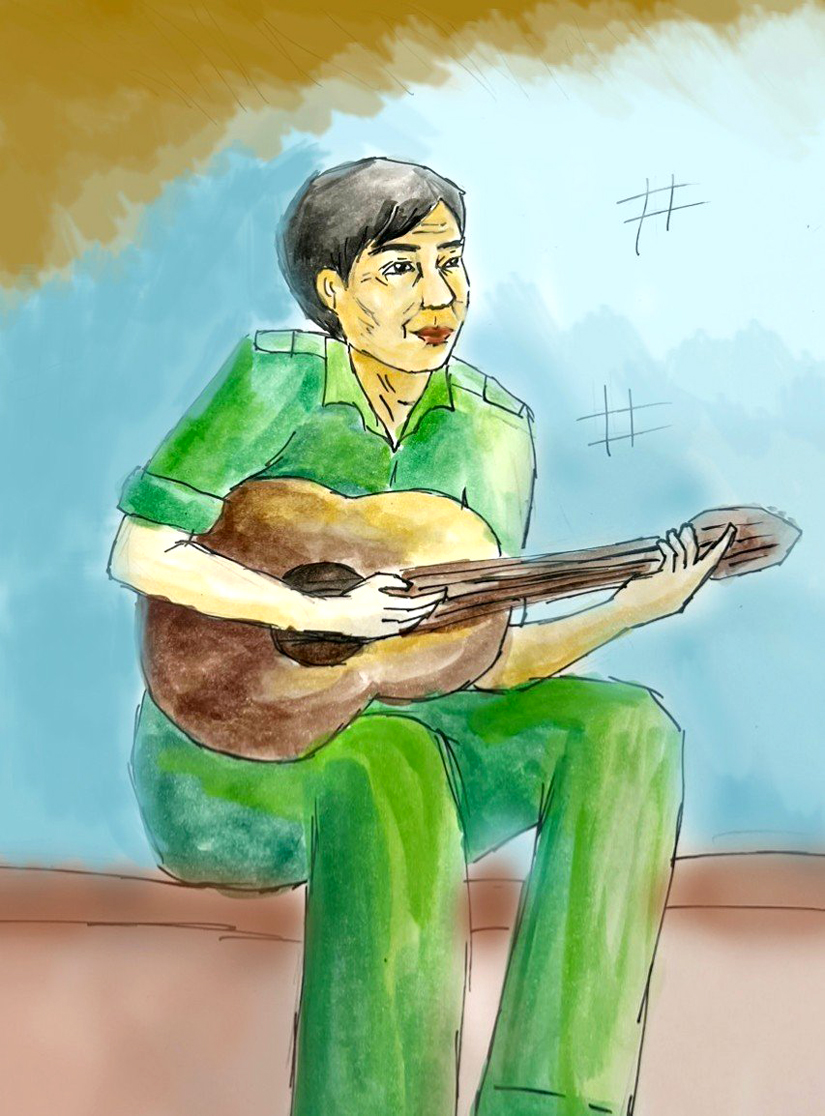



























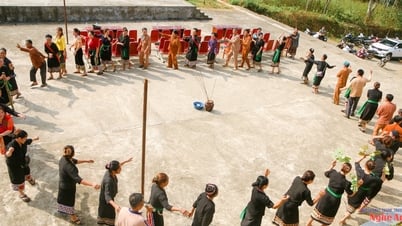
























![[Image] Ho Chi Minh City simultaneously commences construction and breaks ground on 4 key projects.](https://vphoto.vietnam.vn/thumb/1200x675/vietnam/resource/IMAGE/2026/01/15/1768472922847_image.jpeg)








































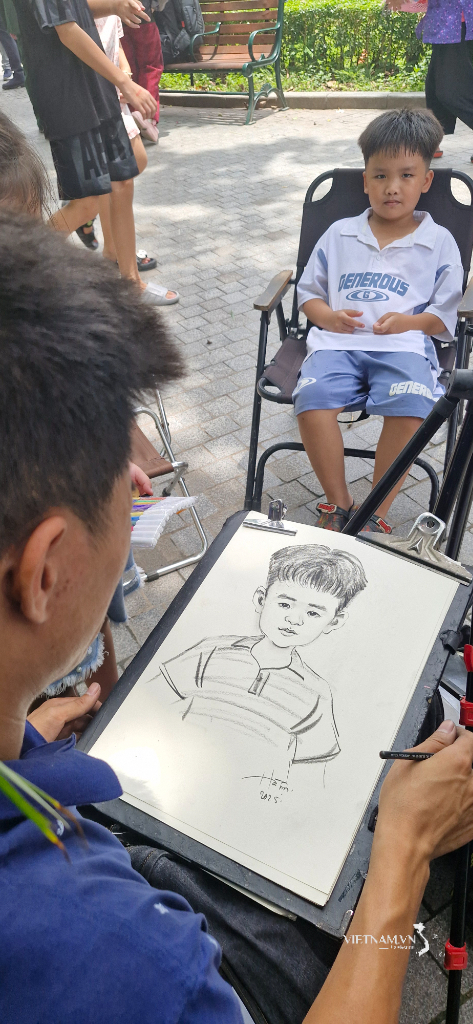
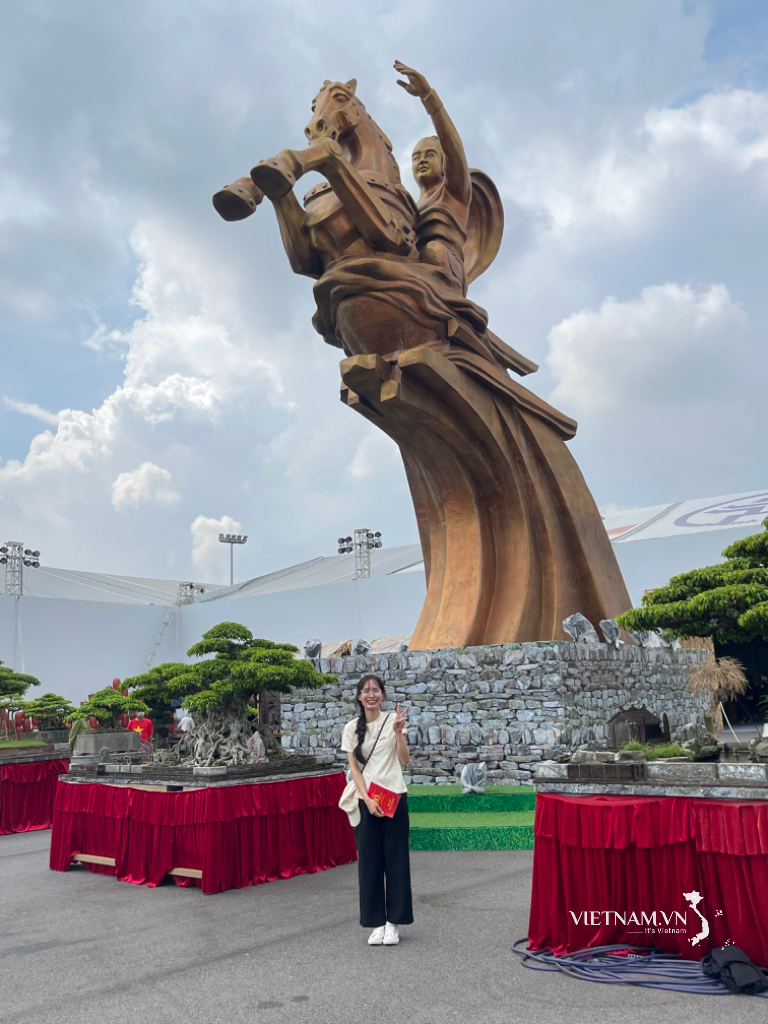
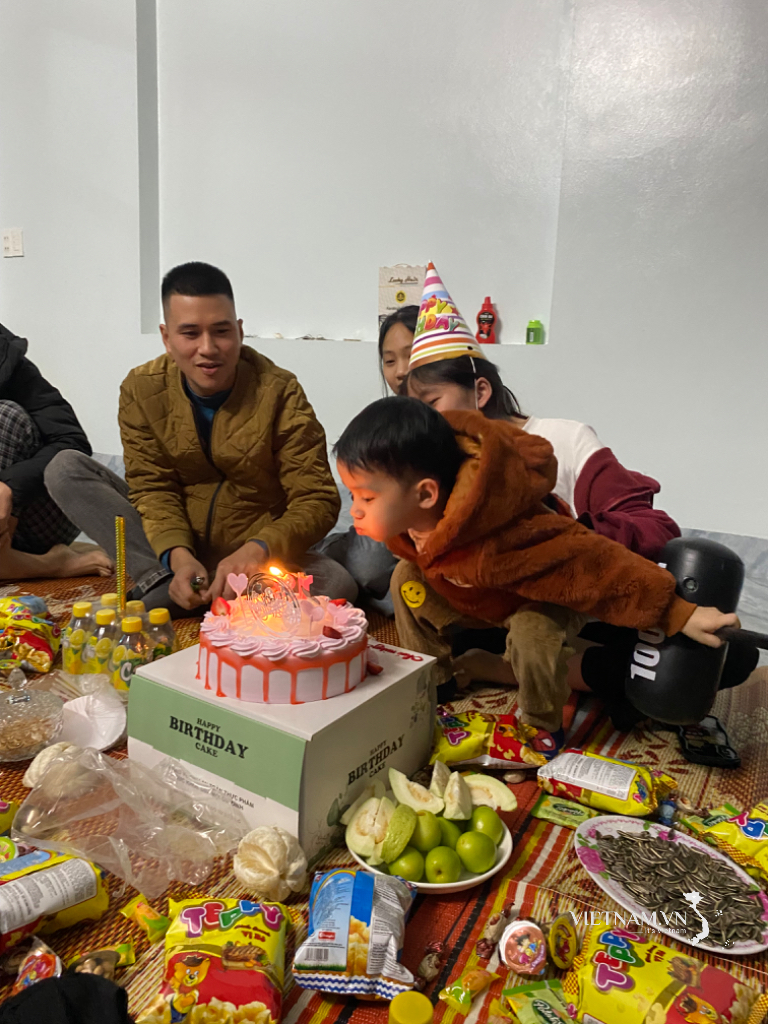
Comment (0)